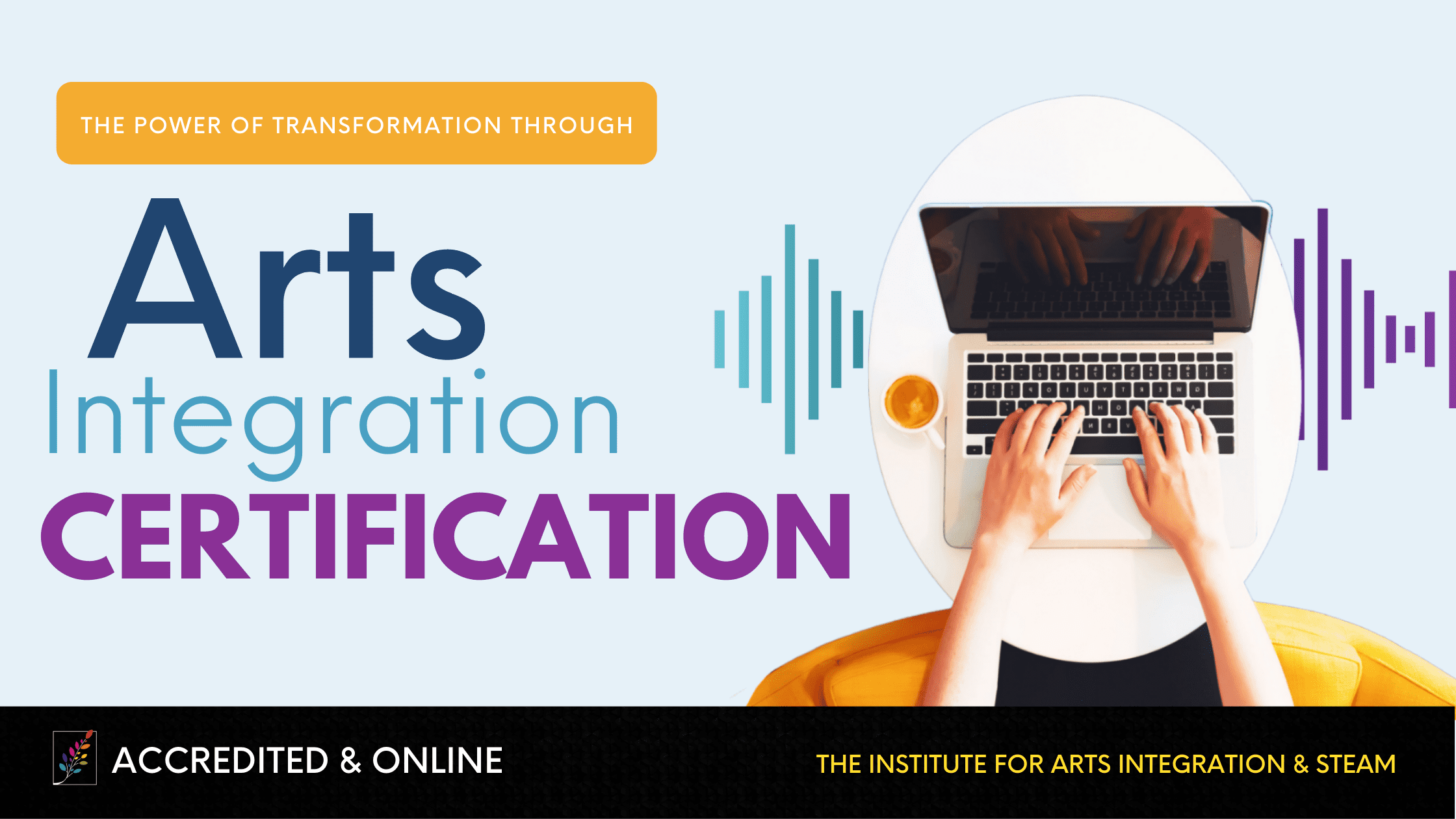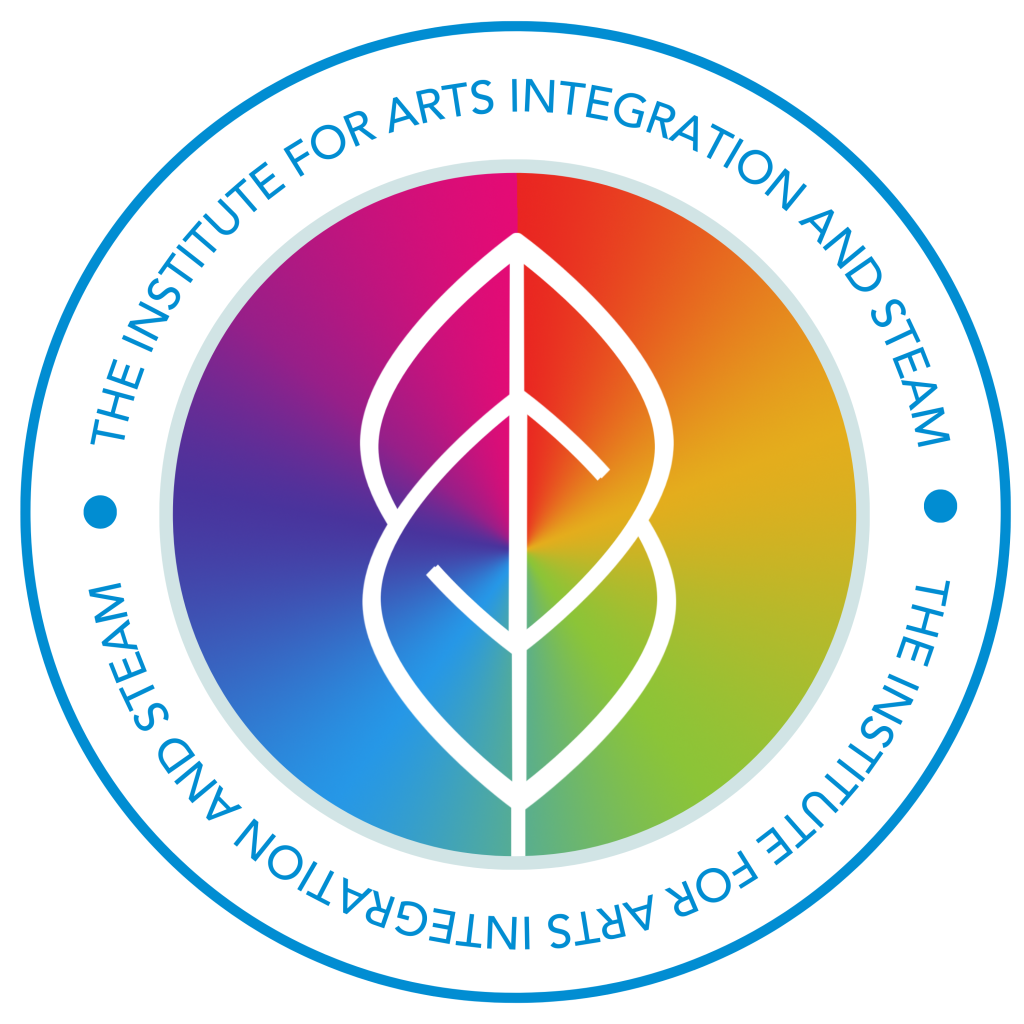Reflection – A Key to Professional Development
3 Min Read • Professional Development
Professional Development
The words evaluate and observe seem to have taken on a negative connotation in the education world when it comes to teacher evaluation. Unfortunately, there are good reasons for that, because evaluations and observations are not always conducted well. Additionally, they are not always used constructively. Reflect on your experience of evaluation of your teaching. How well did it serve you and your students? If you answered “very well” then your school is definitely on the right track. But in addition to formal or even informal evaluations, in order to really improve as professionals, teachers must reflect on their own teaching practices. They must have the chance to watch and collaborate with each other, and have an opportunity to share reflections on professional reading. This is particularly important when trying to integrate with the arts since teachers of the arts are often left out of team or grade level meetings.
Being a Good Practitioner Means Being Reflective of your Teaching.
When I was a classroom teacher I always started out the year with the best of intentions, keeping a notebook and taking time to reflect on daily practices and occurrences. The problem was I did this in a vacuum. No one explicitly stated I needed to do this, no one was designated to talk over my reflections with me but lots of other things were explicitly stated so my personal endeavor to improve my practice often ended up being the item not checked off my ever-expanding “to do” list. Unless there is an expectation that is happening and a forum in which that can be shared, it is a difficult practice to maintain and it’s efficacy is greatly reduced.
Another way to improve as a practitioner is to watch other practitioners at work. I know that watching other teachers has taught me so much about the kind of teacher I want to be and effective strategies and techniques to use to be that teacher. The best way to learn from one another is to have a system in place for visiting one another’s classrooms within your school and to have a shared understanding of the objective of those visits. We tell our students to identify a purpose when listening and reading and we teachers need to do the same in order to make the most of our visits to one another’s classroom. Having a shared understanding of the purpose of the visits also helps to create a safe and collegial environment where authentic learning can take place and helps in the sharing of reflections.
Discussion Around Professional Readings
Along with personal reflection and peer observation, discussion around professional readings can keep teachers active in their own learning and growth and give a framework within which to share personal reflections and peer observations. This collaboration time is vital. Every time I have an opportunity to sit down with a group of educators and really discuss observations and reflections I find myself reenergized, refocused and encouraged to continue prioritizing taking a step back and reflecting. Within such a culture of reflection, teachers can embrace the evaluative process because it is clear that the goal is to help them grow as professionals so they can best serve their students. If they are given the space and the support to implement peer visits and sharing of reflections, they are more likely to feel valued as professionals and become better educators.
So What?
If you find you are not in such an environment chances are there is at least one like-minded colleague who might be willing to work with you. You can work together to stay committed to self-reflection, find ways to visit one another’s classrooms or at least videotape yourselves and share the tapes with one another, share professional reading that has inspired you – like a book club for teachers! Find authentic ways for you to keep learning and growing. While it may seem like one more thing to do, you may find it gives you energy to do all the other things you have to do and helps you to do them better. Being reflective and having a chance to share those reflections with colleagues is key to truly developing as a professional.



